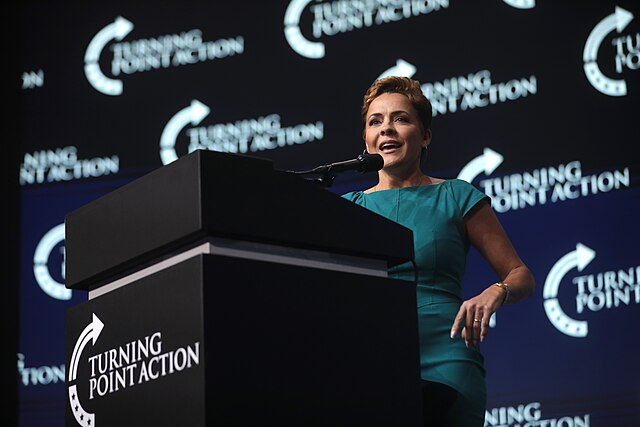On the Destruction of VOA

Kari Lake is effectively a hospice agent for VOA.
For the first time since VOA was founded, in 1942, to counter Nazi propaganda during World War II, the network went dark in March. In some parts of the world, viewers wondered if the blank screens meant a coup had taken place in the U.S., Steve Herman, who recently retired from VOA after a 20-year career, told me.
In her public comments, Lake has described Voice of America—once hailed bipartisanly as a prime example of U.S. soft power—as “rotten to the core” and “a serious threat to our national security.” Its destruction has been so swift and debilitating that few of the former VOA journalists and executives I spoke with think it can ever recover the level of international influence it once had. Today, only a few dozen people work at the agency, down from more than 1,300 before Trump retook office. VOA has downsized from broadcasting in almost 50 languages to just a handful. During the escalating conflict between Israel and Iran in June, which culminated in U.S. strikes against Iranian nuclear facilities, VOA had to ask dozens of staffers to return to work and restart the Persian news division’s broadcasts.
The sudden downfall of VOA will have long-term and unknown impact on America’s foreign policy, yet it has had more immediate consequences for dozens of J-1 visa holders who had worked as translators and broadcasters in languages including Mandarin, Indonesian, and Bangla. As a condition of their visas, they had to remain employed by the U.S. Agency for Global Media, or depart the U.S. within 30 days.
Some have already left. Others are making asylum claims. A few quickly got married or began considering enrolling in school to avoid being sent back to countries where they may not be welcome.
Destruction for the sake of destruction for the sake of impressing some right wing X and Tik Tok influencers…


